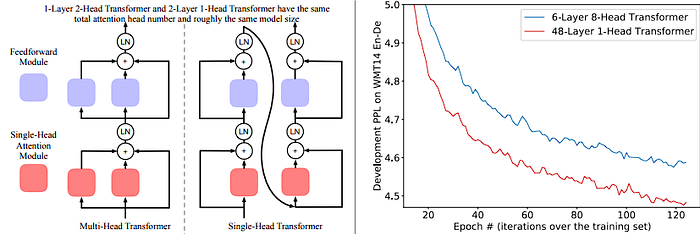The Growing Demand for Sustainable Data Centres
The rapid development of new technologies, such as artificial intelligence (AI), paired with immense data processing needs, is leading to a significant increase in power consumption by global data centres. Recent figures show that energy usage is predicted to increase six-fold throughout the next decade in the UK alone.
The Challenge of Sustainability
This rapid increase, in combination with the vast amounts of data being generated, is creating a growing demand for more complex storage solutions to handle both curated and non-curated data. How to do this sustainably has become a core discussion point within data centre operations. It’s no secret that data centres demand significant volumes of continuous power to operate. As the demand for data grows, so too does the energy footprint of data centres – leading to even higher emissions.
Identifying and Overcoming Obstacles
Data centre operators must, therefore, take a more proactive and innovative approach to limit their environmental impact. This can be achieved with the use of innovative technologies and tools to better manage key elements of day-to-day operations. For example, the use of digital twins – a virtual replica of an existing system or item – can be used to detect air flow changes and adjust environmental conditions within the data centre. Facility location is also an issue and, as a result, some innovative leaders are now considering building in closer proximity to energy sources – such as nuclear power – to reach their energy requirements, while also lowering their emissions.
Six Sustainable Practices to Follow
Exactly how to achieve more sustainable operations isn’t always clear. To help data centres overcome these challenges, there are six practices which operators can consider:
- Dynamic Power Management: By adjusting energy consumption according to demand, data centres can significantly improve their operational efficiency.
- Advanced Cooling Systems: Liquid cooling technologies can also minimize power consumption and improve energy efficiency.
- Modular and Recyclable Solutions: To lower the amount of e-waste, electronic equipment must be redesigned with modularity in mind to enable easier upgrades and the ability to recycle materials.
- Utilizing Heat Capture and Distribution: Heat produced from data centres can be captured and redistributed to provide heating to nearby facilities and homes, transforming it into a valuable resource.
- Advanced Optical Technology: Optics are a significant contributor to power consumption within data centres. Therefore, various initiatives are currently in development and are being implemented to reduce the energy usage of optical modules.
- Enhancing a Net Zero Market: By combining the elements listed above, data centre operators can look to achieve carbon emission reductions and meet science-based net zero targets.
The Brighter Side of Data Centres
While there is much work still to be done, the truth is that data centres have already played a significant role in advancing sustainability. This is demonstrated by the technologies which have helped reduce the environmental impact of human activity, including virtual collaboration tools – such as Google Meet, Zoom, Microsoft Teams and others. Solutions like these have significantly transformed how people and organizations communicate.
Conclusion
It is critical that companies clearly define, measure and execute these sustainability methods. However, outside of reaching their net-zero emissions goals, data centres must also make sure these methods also align with established national and international laws and deadlines. By integrating more advanced technologies, setting measurable, science-based net-zero initiatives and opting for environmentally focused solutions, data centres will be better positioned to push for a more sustainable digital future and support global innovation and connectivity.
FAQs
- Q: What is the predicted increase in energy usage by data centres in the UK?
A: Energy usage is predicted to increase six-fold throughout the next decade. - Q: What are some sustainable practices that data centre operators can consider?
A: Six sustainable practices include dynamic power management, advanced cooling systems, modular and recyclable solutions, utilizing heat capture and distribution, advanced optical technology, and enhancing a net zero market. - Q: How can data centres reduce their environmental impact?
A: Data centres can reduce their environmental impact by using innovative technologies and tools, such as digital twins, and by building in closer proximity to energy sources. - Q: What is the role of data centres in advancing sustainability?
A: Data centres have already played a significant role in advancing sustainability by providing technologies that have helped reduce the environmental impact of human activity.











